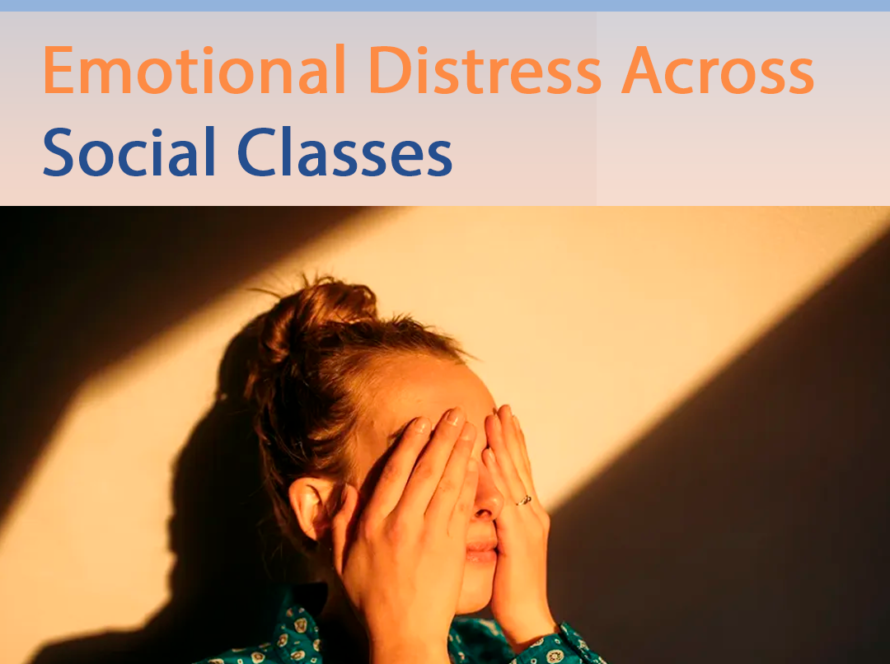Spiritual & Positive Psychology–Based End Of Life Counseling
Embracing the Journey: Integrating Indian Spirituality and Positive Psychology in End-of-Life Counseling for Urban Families
In the rapidly urbanising landscape of India, families are increasingly encountering the unique challenges of end-of-life (EOL) situations. Our laws in this regard leave the decision to the family or, if expressed in an individual’s will, shared with their family. The convergence of traditional Indian spiritual beliefs and the principles of positive psychology offers a holistic approach to EOL counselling, addressing the emotional, psychological, and spiritual needs of both patients and their families.
The Indian Family System and End-of-Life Dynamics
Indian families are traditionally characterised by a collectivist ethos, marked by robust inter-generational bonds and a profound sense of shared responsibility. This cultural framework significantly influences the way families perceive and navigate EOL situations. The emphasis on familial unity and collaborative decision-making is paramount in the processes of caregiving and bereavement.
Furthermore, the collective approach to caregiving often results in a more comprehensive support system. Communal rituals and mourning practices strengthen family ties, allowing them to navigate grief collectively.
Ultimately, this rich tapestry of collectivism, respect, and shared responsibility cultivates an atmosphere where families can face the inevitability of death with grace and dignity. (pmc.ncbi.nlm.nih.gov)
Religion in Indian End-of-Life Care
Religion is deeply embedded in Indian culture. Hindu and Buddhist beliefs in karma, reincarnation, and moksha (liberation) offer comfort by contextualising death as a transition, not an end. These doctrines can turn grief into celebration and provide a conceptual framework for understanding mortality.
Positive Psychology: Enhancing Well-being at Life’s End
Positive psychology cultivates strengths and meaning at life’s end, empowering patients and families with resilience, gratitude, and hope. Reflective practices such as journaling and legacy creation support emotional processing. Social connectedness, a key tenet, becomes especially vital for comfort and strength during this phase.
Integrative Approaches: Merging Spirituality and Positive Psychology
- Meaning-Centered Therapy: Reflecting on life’s purpose using spiritual and personal values. (bmcpalliatcare.Biomedcentral.com)
- Mindfulness and Meditation: Traditional Indian practices to reduce anxiety and promote acceptance.
- Gratitude Exercises: Enhance well-being through appreciation of life’s moments.
Case Study: Urban Indian Family Navigating End-of-Life
A Delhi-based family facing terminal illness integrated spiritual discussions with positive psychology tools like life review and legacy projects. With support from a mental health professional, they navigated individual and collective grief, preserving their loved one’s memory through rituals and storytelling.
Legacy projects such as memory scrapbooks or acts of service helped transform grief into resilience. Rituals like lighting candles provided continuity and sacred remembrance. The process highlighted the power of shared healing through empathy and therapeutic guidance.
Challenges and Considerations in EOL Counseling
- Cultural Sensitivity: Professionals must respect diverse traditions and avoid one-size-fits-all models.
- Communication Barriers: Talking about death can be taboo; sensitive facilitation is needed.
- Training and Resources: More education is required for integrating spirituality and positive psychology effectively.
Conclusion
Integrating Indian spirituality with positive psychology in end-of-life counselling offers a compassionate, culturally informed approach. It honours strengths, fosters resilience, and helps families transform grief into healing through meaningful practices and shared journeys.
References
Vedantic Approach to Counselling and Therapy
Indian family systems, collectivistic society and psychotherapy
The influence of spirituality on decision-making in palliative care
End-of-life care: Indian perspective
Exploring positive psychology intervention and mindfulness-based approaches
The Psychological and Spiritual Dimensions of Palliative Care
SELF: The Science Behind Gratitude
Real Simple: Dopamine-Boosting Wellness Rituals
Verywell Mind: Transform Your Life Through a Spiritual Awakening
It is trial and error finding the right Mental Health professional for yourself, but we are here to help you on your journey.
Disclaimer – This blog is written from gathering personal experience as Ms Aarti Ahuja is pursuing her PhD and required technical information for the Indian scenario
Our contact details
To connect further and enroll in the program.
Aarti Ahuja
For Appointments
Email id
tatvalifestylestudio@gmail.com
Contact
Call : +011 4654 6424 / +91 7678341364
WhatsApp : 91 7678341364


